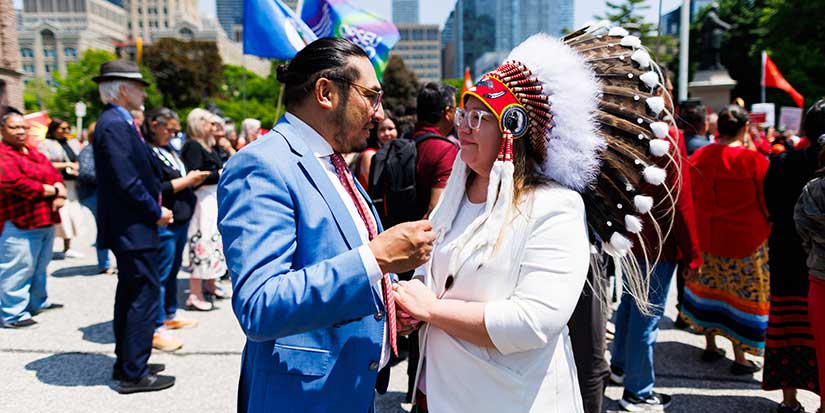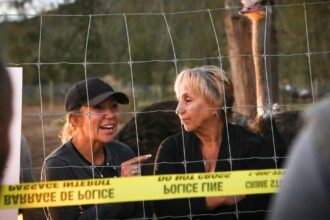In a significant policy shift that could reshape Ontario’s mining landscape, Premier Doug Ford announced yesterday that his government will implement mandatory consultation with First Nations communities before approving new mining projects across the province. This declaration comes amid mounting pressure from Indigenous leaders and environmental advocates who have long criticized the provincial government’s approach to resource development on traditional territories.
“We cannot continue to make the mistakes of the past,” Ford stated during a press conference in Thunder Bay, flanked by representatives from several First Nations communities. “The path forward for Ontario’s mining sector must include meaningful partnership with Indigenous peoples whose ancestral lands hold these resources.”
The announcement represents a notable evolution in Ford’s approach to resource development. His administration has previously faced criticism from Indigenous communities for prioritizing economic development over consultation rights, particularly in the mineral-rich Ring of Fire region in Northern Ontario. The region, estimated to contain more than $60 billion in mineral deposits including chromite, nickel, and copper, has been at the center of development disputes for over a decade.
Chief RoseAnne Archibald of the Taykwa Tagamou Nation described the commitment as “cautiously promising” but emphasized that “the details of implementation will determine whether this represents genuine progress or merely political posturing.” She added that true consultation must include the possibility of Indigenous communities declining certain projects that threaten cultural sites or environmental integrity.
The new consultation framework will reportedly include early engagement requirements, traditional knowledge incorporation into environmental assessments, and potential revenue-sharing agreements. Ministry of Northern Development officials indicated that regulations would be finalized by September, following a series of roundtable discussions with tribal councils and mining industry representatives.
Mining industry reactions have been mixed. The Ontario Mining Association expressed support for “clarity and predictability” in the consultation process but raised concerns about potential delays to project timelines. “While we support Indigenous partnership, we also need to ensure Ontario remains competitive in attracting mining investment,” said Michael Gravelle, the association’s president.
Environmental watchdogs view the announcement with skepticism. “The Ford government has consistently weakened environmental protections,” noted Diane Saxe, former Environmental Commissioner of Ontario. “This commitment to consultation must be paired with robust environmental standards to be meaningful.”
The policy shift comes as Canada faces increasing international scrutiny over its treatment of Indigenous rights in resource development. The United Nations Declaration on the Rights of Indigenous Peoples, which Canada has endorsed, establishes the principle of “free, prior and informed consent” for projects affecting Indigenous territories.
Ontario’s mining sector contributes approximately $10.6 billion annually to the provincial economy and employs more than 75,000 people directly and indirectly. However, the industry’s relationship with First Nations has been fraught with conflict, including high-profile disputes at Marathon, Matawa, and Kitchenuhmaykoosib Inninuwug.
Chief Wayne Moonias of Neskantaga First Nation, whose community has lived under a water boil advisory for over 25 years while mining exploration continued nearby, expressed measured optimism. “We’ve heard promises before,” he said. “What matters is whether our voices will truly have the power to shape decisions about our traditional lands.”
As Ontario’s political landscape continues to evolve on this issue, the question remains: will this new commitment to consultation represent a genuine redistribution of decision-making power, or will economic imperatives continue to override Indigenous concerns about their traditional territories?











